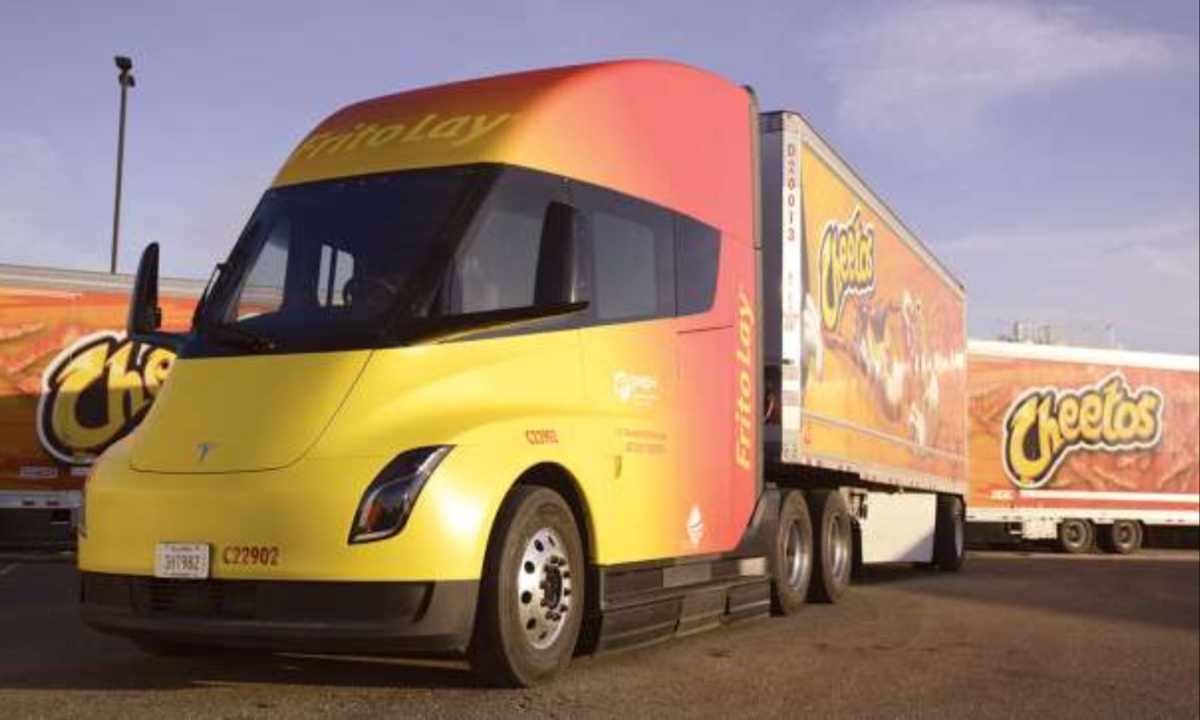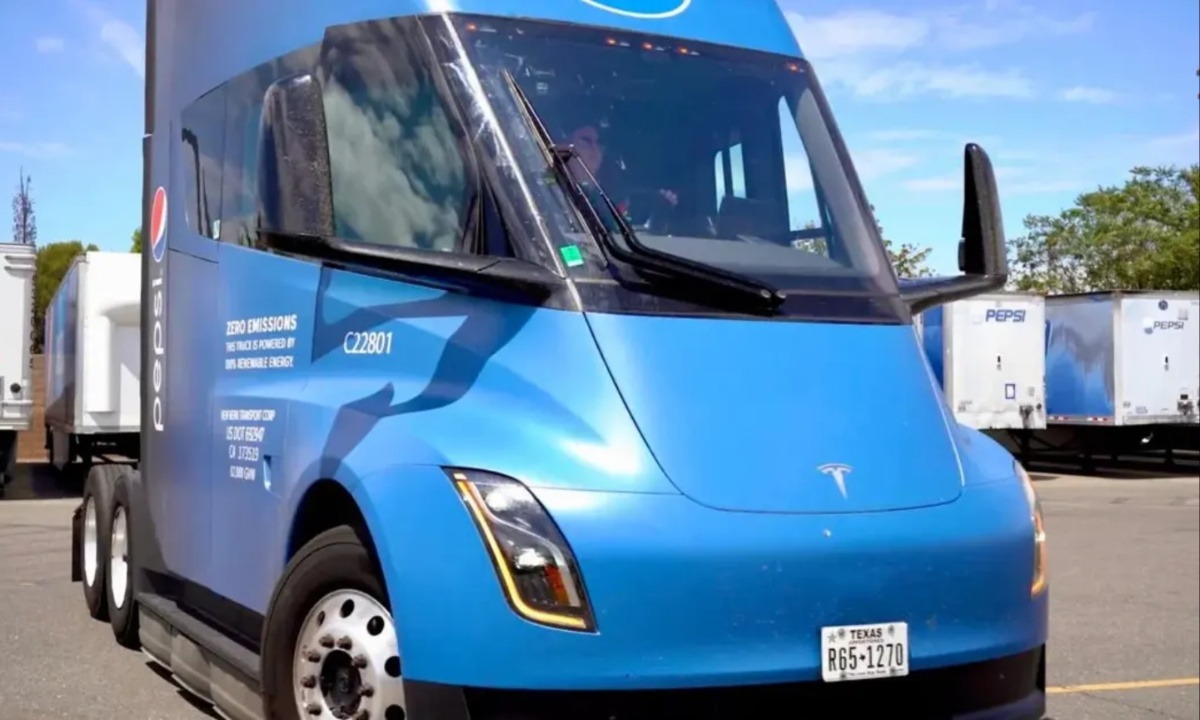Tesla has set an ambitious target to achieve full-scale production of its Class 8 Semi trucks by 2026. This announcement underscores the company’s focus on revolutionizing the trucking industry with electric vehicles. A senior Tesla executive revealed the plans to excite stakeholders and address prior concerns over the project’s unclear timeline. The Semi truck, expected to redefine freight transport, has been a central focus for Tesla as it seeks to expand its impact on sustainable transportation.
Manufacturing in Reno with High Annual Output
The Tesla Semi trucks will be produced in Reno, Nevada, with an annual production goal of 50,000 units. This milestone highlights Tesla’s intent to address the growing demand for electric commercial vehicles. Lars Moravy, Tesla’s Vice President of Vehicle Engineering, has played a pivotal role in bringing the Semi project to the forefront. While other Tesla leaders, including Elon Musk, focus on areas like robotics and artificial intelligence, Moravy has consistently championed the Semi as a priority.

Also Read: Tesla Offers Cybertruck Discounts Amid Production Issues and Growing Competition in the EV Market
Interest in the Tesla Semi has been strong, with Moravy describing demand as “ridiculous.” Commercial operators eager to adopt electric vehicles have shown significant interest in the Semi’s potential to reshape freight logistics. However, uncertainty persists following President-Elect Donald Trump’s announcement to end federal incentives for electric vehicles. Despite this, Tesla remains confident, with Moravy stating that companies relying on traditional semi-trucks risk falling behind. Positive feedback from test drivers further strengthens the case for the Semi’s widespread adoption.
Performance and Customer Feedback Highlight Promise
Tesla has emphasized the Semi’s remarkable performance capabilities, with Moravy noting that it might be “too fast” for its category. Customer feedback has been overwhelmingly positive, with PepsiCo drivers expressing a strong preference for the Semi over traditional trucks. These endorsements bolster optimism about the Semi’s potential impact. Despite the excitement, the project has faced delays since its initial introduction in 2017. Tesla’s history of pushing deadlines has caused some skepticism, though the company remains determined to meet its new production goal.
The Tesla Semi represents a key part of the company’s vision for sustainable transportation. By replacing traditional diesel trucks with high-performance electric alternatives, Tesla aims to transform the trucking industry. If the 2026 production target is met, it could signal a major shift towards cleaner, more efficient freight solutions. Although challenges remain, the Semi’s success could set a new standard in the transportation sector, reinforcing Tesla’s leadership in electric vehicle innovation.
Also Read: What to Expect From Tesla’s 2025 Roadster: Redefining Electric Sports Car Performance and Design

